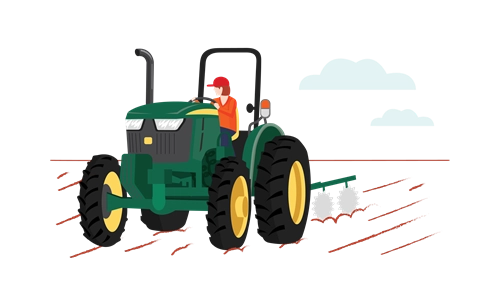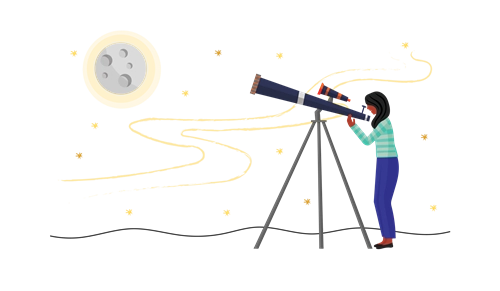Geologists, Geophysicists and Hydrogeologists
Geologists, Geophysicists and Hydrogeologists study the composition, structure and other physical attributes of the earth, locate and advise on the extraction of minerals, petroleum and ground water, and detect, monitor and forecast seismic, magnetic, electrical, thermal and oceanographic activity.
Fun facts
-
Decline Future Growth
-
2115 Weekly Pay Before Tax
-
83% full-time Full-Time Share
-
25% female Gender Share
Tasks
There are many tasks done by geologists, geophysicists and hydrogeologists. A few are listed below:
- conducting preliminary surveys of mineral, petroleum and natural gas deposits with prospectors, Mining Engineers, Metallurgists, and other mineral scientists and engineers
- preparing and supervising the production of laboratory reports and scientific papers
- conducting studies of the structure, nature and formation of the earth's crust and the minerals contained in it
- studying and dating fossils and rock strata to develop knowledge of the evolution and biology of life forms, and to assess their commercial applications
- studying the effects of natural events, such as erosion, sedimentation, earthquakes and volcanic activity, on the formation of the earth's surface and sea beds
- carrying out exploration to determine the resources present by sampling, examining and analysing geological specimens, rock cores, cuttings and samples using optical, chemical, electronic and mechanical techniques
- conducting surveys of variations in the earth's gravitational and magnetic fields to determine its physical features
- investigating the propagation of seismic waves to determine the structure and stability of the earth's mantle and crust
- studying the causes of earthquakes and other stress states of the earth's crust
- performing laboratory and field studies, and aerial, ground and drill hole surveys
Specific occupations
- Geologist
- Geophysicist
- Hydrogeologist
- Marine Geologist
- Palaeontologist
- Oceanographer
- Seismologist
Steph McLennan, geologist
Being a geologist can take you many places and, in the case of Dr Steph McLennan, it took her to Antarctica. She has a passion for STEM and loves to share her work on the fragile Antarctic with others.
FIND OUT MORE








